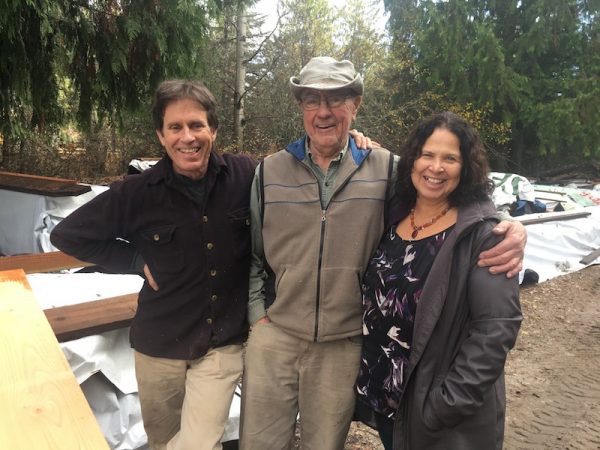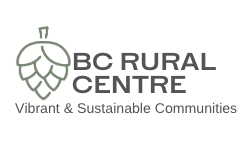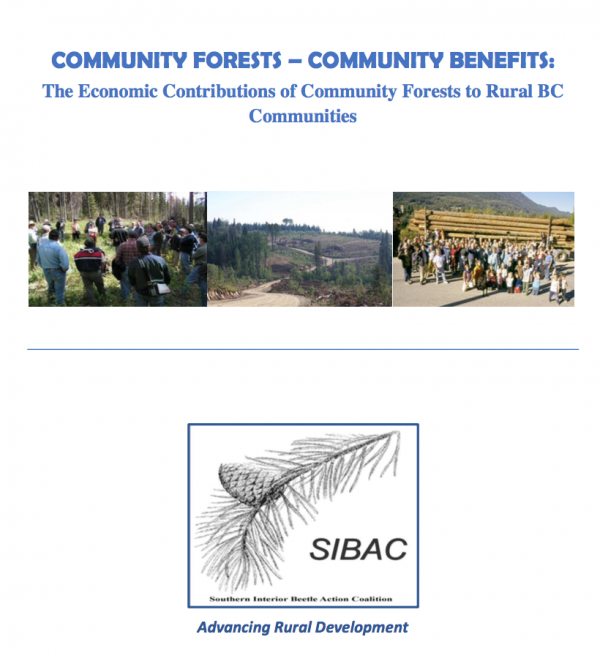
Community Forests Important Says Report
An important report, Community Forests — Community Benefits: The Economic Contributions of Community Forest to Rural Communities, on the significant value of our province’s community forests, was released today.
This timely effort is an economic analysis that quantifies the cumulative, historical economic contributions of community forests to rural communities in BC. The report was commissioned by the Southern Interior Beetle Action Coalition (SIBAC) with the cooperation and assistance of the BC Community Forest Association (BCCFA).
The report demonstrates community forests in BC are playing a critical role in the economies of many of BC’s smaller rural communities.
Against a pervasive trend of sawmill closures, forest sector job losses, and reduced municipal industrial tax revenues, community forests offer rural communities and First Nations an opportunity to directly benefit from the forest sector operations surrounding their communities.
“SIBAC’s analysis is an important contribution to the growing evidence in support of community forestry in BC. By documenting the economic impacts of community forests in the context of the challenges faced by rural, forest-dependent communities, the report underscores how community forests can be significant tools for economic development, helping to build resiliency in our communities and our forests,” stated Erik Leslie, BCCFA President.
Given the economic implications of corporate consolidation in BC’s forest sector, if the province’s smaller forest-dependent communities are to remain economically viable, they will need to be able to create jobs and develop alternative forms of revenue. SIBAC believes that creating more and larger community forests for rural communities and First Nations is one of the most important rural development policies and actions the provincial government could undertake.
“We are proud to release this important document with the cooperation of the BCCFA. There is no doubt the future viability of many of our small, forestry-dependent communities hinges on our ability to think out of the box. Community forests, given their local control and their ability to take local challenges and opportunities into account in shaping their operations, can play a crucial role in protecting and furthering the interests of many rural British Columbia communities, today and into the future,” concluded SIBAC board chair, Rhona Martin.
To download the report, click here.
For further information, please contact:
Randy Morse, Communications Director, SIBAC: (250) 353-3016 randy@www.bcruralcentre.org
Jennifer Gunter, Executive Director, BCCFA: (250) 384-4110 jgunter@bccfa.ca
https://bcruralcentre.org/ http://www.bccfa.ca/

